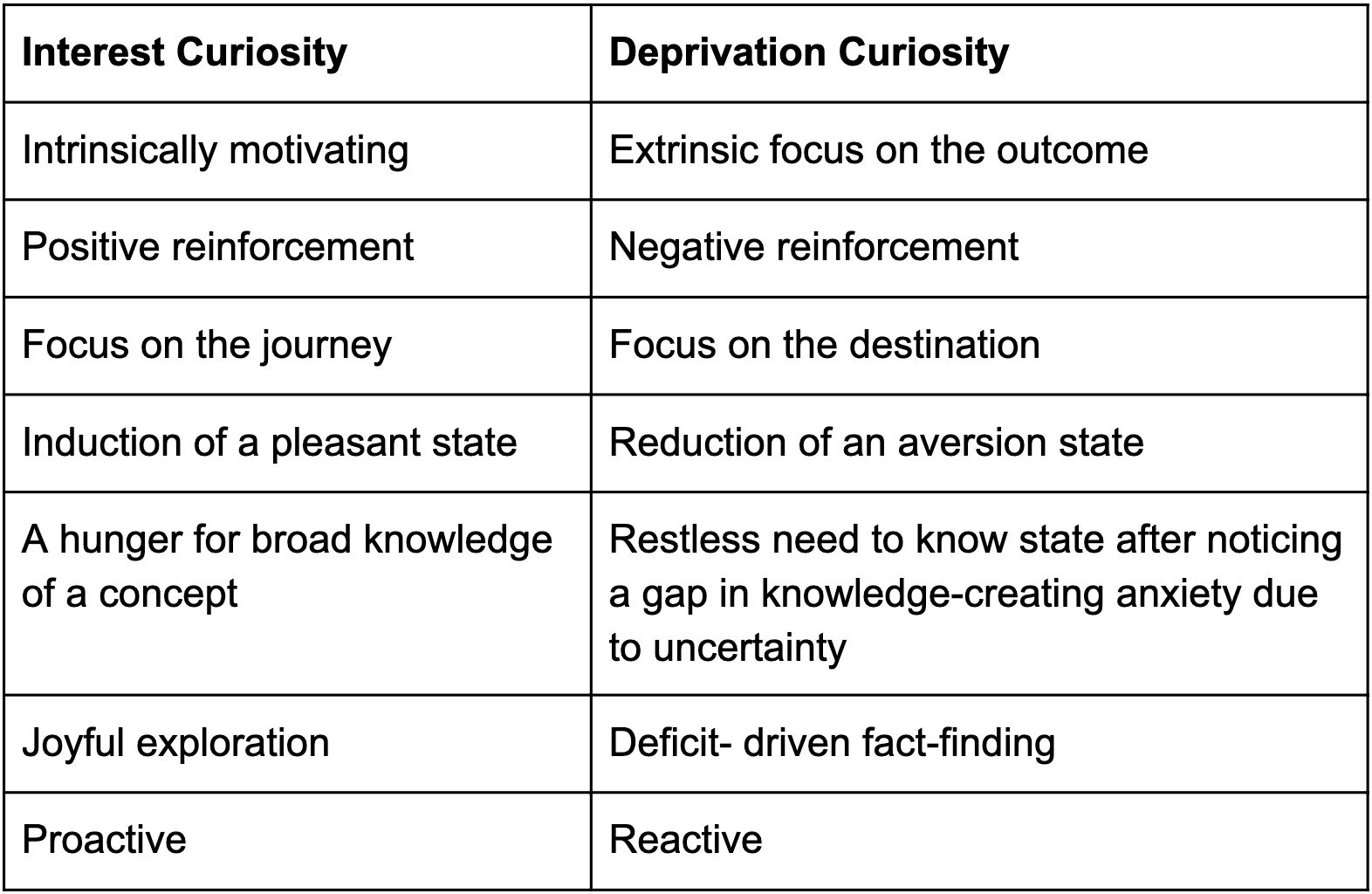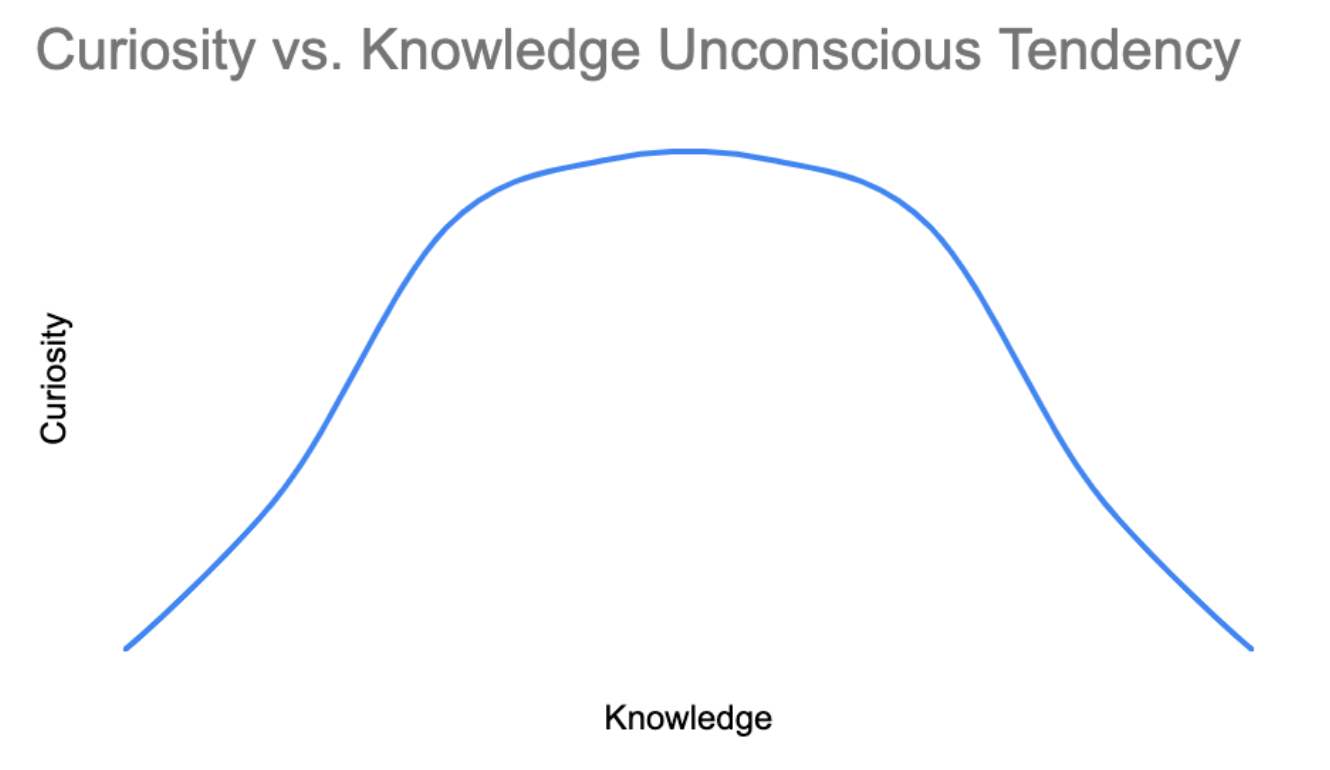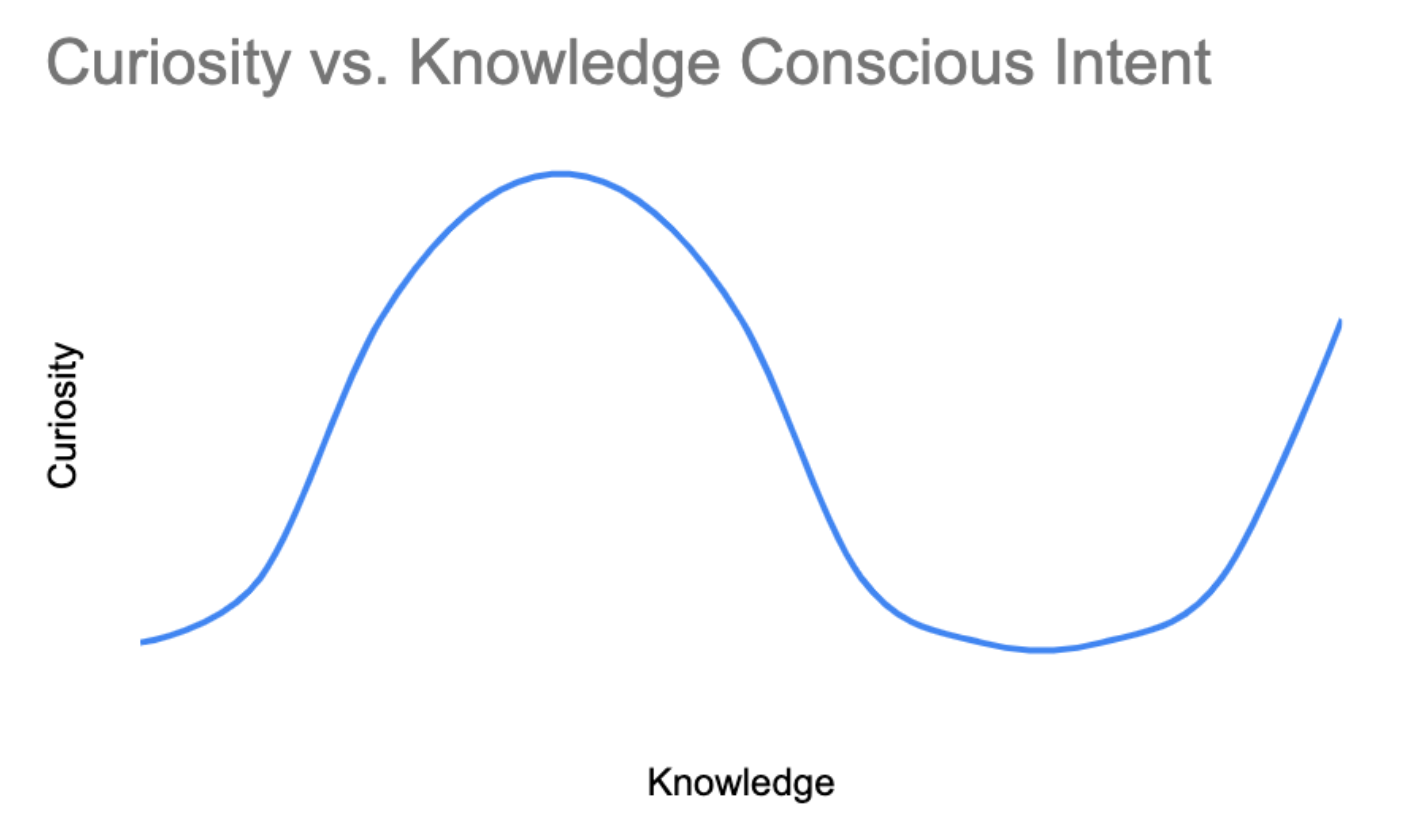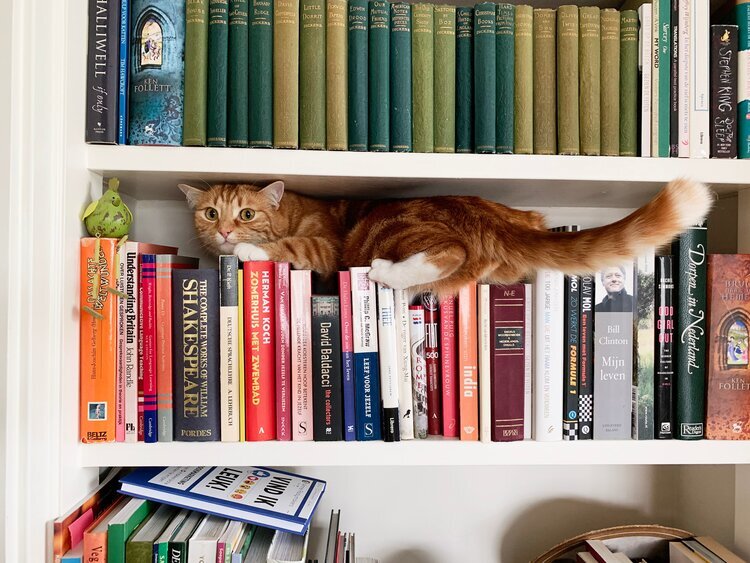We are born to be curious. Humans trial and error everything in their life through experimentation. We are all scientists. This trait comes across most as children when we know nothing. We reach extensive measures to tap into this curiosity like the African monkey star Curious George, who wouldn’t limit himself with unknown rules.
When we were young, a timeout was the enemy and nothing sounded worse than being grounded and forced to stay confined in a space for an extended period of time. This situation has its surprises that are not always first thought of. Isolation seems to be a punishment. It can also be an invitation to explore the uncharted territory of our own minds.
Given the current Covid- 19 situation that all humanity is facing, we have time to organize and analyze our thoughts. By cultivating a curious perspective, we can emerge as more self-aware human beings.
Empty space in the monthly calendar can equate to having no social life and feeling lonely. Eckhart Tolle once said, “The primary cause of unhappiness is never the situation but your thoughts about it.” See the opportunity of boredom due to extra time indoors as an opportunity to cultivate your untapped curiosity and be more creative.
There are two different types of curiosity. As described by American psychiatrist and neuroscientist who researches the neural mechanisms of mindfulness, Dr. Jud Brewer explores deprivation and interest curiosity:
Having both of these types of curiosities is an important skill. They feed into each other.
Being deprived of certain information can foster a natural interest in a broader topic. There are different scenarios of needing each different curiosity. When playing a trivia game, it is a one-off answer that you are sprinting towards under a time constraint to win. For me, this was going to a Harry Potter trivia night. I realized quickly that I knew a lot less than I thought (I went to accompany a friend and adult beverages). Now, it piqued my interest to explore to reading the Harry Potter series, or watching the movies. To go even further, I can research the author, J.K. Rowling, or more broadly understand what makes a good fantasy stories great.
This can cause an awareness of a gap in knowledge and spark interest to fill it.
My first time traveling abroad apart from my family was to study in Luxembourg at age 18. Professor Gaskins told me, “Traveling is about the journey, not a destination.” I didn’t understand what he meant. Before this, I viewed trips with anticipation of getting to where I was going and not focused on the in-between.
I didn’t even know what I would be curious about until after I got there. My first impression while driving out of the airport’s parking lot was reading a sign “sortie” meaning to go out in French. I had assumed that in Luxembourg the dominant language was Luxembourgish, but I soon realized that it was actually French. My host knew five languages due to the demand for her work and the geography of the country. This experience shaped my belief around traveling that it is about the journey and not the destination.
In the following years in my studies, I loved embracing the serendipity of being in a new learning environment. It allowed maximizing my learning inside and outside of the classroom. I took the initiative to seek out more opportunities that would fit into my college requirements. I studied abroad two more times during my time in college. These experiences taught me that it is not solely about what you learn but how and who you learn it from. I now consider myself to be wanderlust and seek out opportunities to become more curious through traveling.
How to find something to be curious about
What if you don’t know exactly where you want to become curious? It is typical to have little knowledge at the very start of where you are curious, but it skyrockets once you go a few layers deeper.
Time is involved with both of these different ways of solving a problem. To be deprived of an answer that is needed causes a sense of urgency and looking for the answer right away. I urge you to follow those interests that you have not tapped into and carve more knowledge of. This is where leaning into your interests can lead where you are curious about.
This knowledge and curiosity curve reveals the natural human tendency of how curiosity and knowledge simultaneously spike though after this peak curiosity likely declines.
Continuing to grow your curiosity even after you feel like an expert in a topic is where varying eclectic interests prosper. Your search for knowledge doesn’t have to be limited or boring. It can be exciting and whichever path you find the most interesting. It can lead to being a more fulfilled individual.
Curiosity can lead to a stronger likelihood of success. Nobel prize winner in 2000 and founder of the University of Chicago’s Center for the Economics of Human Development, James Heckman believes that success is not based purely on innate ability, but also on being able to learn teachable skills. This is based on his research. The results concluded that childhood interventions can be helpful and that conscientiousness is more malleable than IQ. This trait associates with openness and curiosity.
There are many additional benefits of curiosity of being able to stay young, to help learn, and foster better relationships. I believe that curiosity is at the core of learning and if you never stop learning you stay young forever.
Here are six ideas for you to start getting curious:
-
Ask more questions. Ego gets in the way of this from fearing embarrassment of not fully understanding a concept. Avoid the know-it-all syndrome and choose to be a learn-it-all instead. We have such a complex language that we should use it. By defining things in different ways we need to have clarity of this before it leads to confusion. Don’t make assumptions that you are both clear on something. I have found a way around my ego being junior in a firm with someone more superior. I preface my questions, that I want to understand someone else’s understanding to better my own.
-
Have conversations. Become a better listener. Set up time on a colleague’s calendar who is outside of your day-to-day to better understand a seemingly confusing process. Seek out mentorship knowing that the relationship can be just as rewarding for the mentor as it is for you. I have done this with colleagues and they admire my sense of initiative to get ahead of the learning curve to better understand the big picture of a system at play.
-
Read the unfamiliar book that is outside the realm of what you usually read. Test the boundaries of what you typically prefer. If you like non-fiction, give fiction a shot. If you like modern novels, try out history. Understand why a peer is interested in a foreign topic and ask for their help in recommending an introductory book to that topic.
-
Spend time with a child. They have so much wonder about life. Dr. George Land conducted research with a study of 1,600 children. They took an assessment at ages 5, 10, and 15. The first time they took the test, 98% scored the highest possible score on the creativity test. The second time they took it at age 10, only 30% of the very same children scored well on the test. The final time they took it within the high school, only 12% of kids did well. This shows how curiosity leads to creativity.
-
Drive self-development. Learn more about yourself because the only constant variable in life is changing so become a student of your habits and behaviors. Brene Brown talked about this on the Tim Ferriss Show, “Curiosity is really the superpower for the second half of our lives because it keeps us learning, it keeps us asking questions, and it increases our self-awareness.”
-
Start writing. It can be used as a tool to educate others and help identify holes in your understanding of the new topic that you are exploring. By externalizing your ideas onto a page it reveals what you know and what else you want to still uncover. This is what I have done with this piece on uncovering the different dimensions of curiosity.
There are countless other ways that you can cultivate your own curiosity. I hadn’t previously identified myself as someone knowledgeable of this trait. I have realized that it is enjoyable to be lost in a maze of knowledge. Embrace your natural scientist and experiment with different ways to explore your interests.
Through expanding your scope of knowledge, you deliberately lean into your inquisitive spirit. Notice your boredom while being quarantined and redefine what you find interesting.
Curiosity might kills cats. We humans can partner with our curiosity and live a much fuller life.
Thank you to Charlie Bleecker and Juan David Campolargo for helping me edit this piece.





